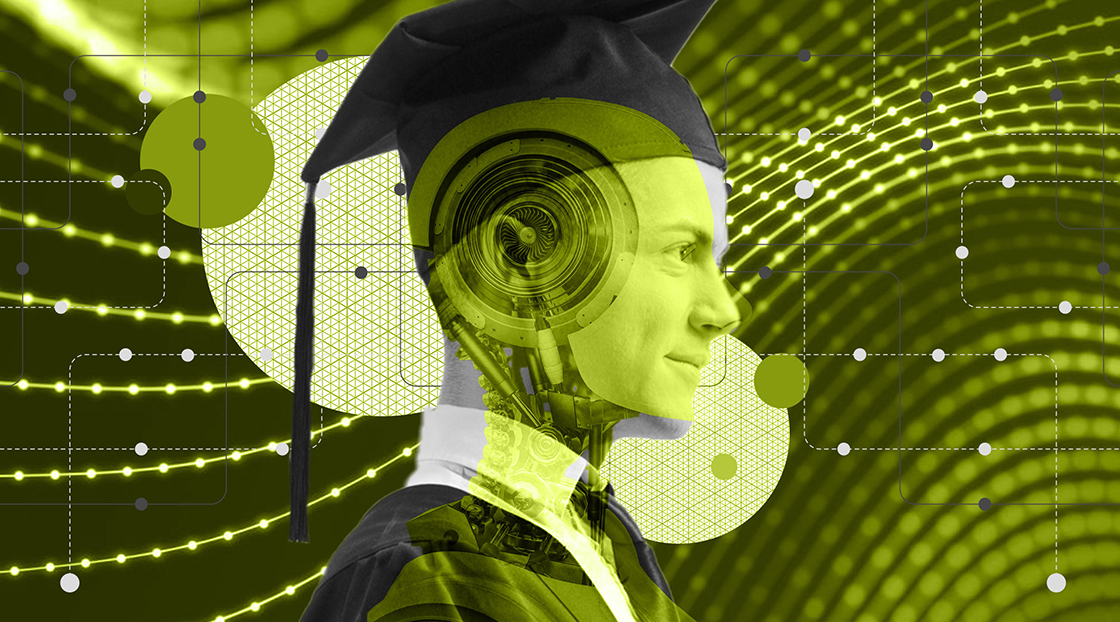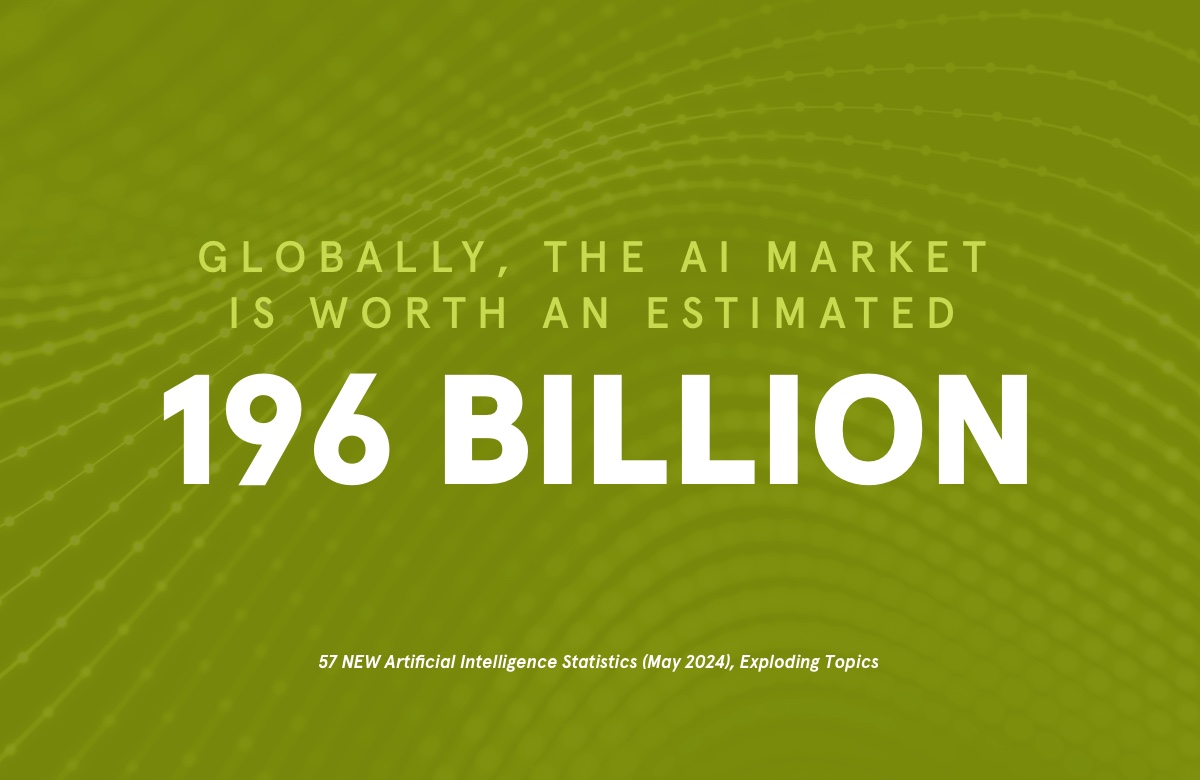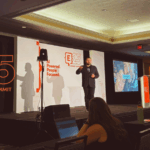Globally, the AI market is worth an estimated $196 billion — making it more than a trend. Across the board, industries are being transformed by its adoption and it’s had an incredible impact on everything, especially how schools and colleges are run and the job market. During the last ten years, there’s been an almost five-fold increase in the number of jobs requiring AI skills.
Is it all good news or not? Well, it raises one pertinent question regarding the readiness of university graduates to do well within the industry that’s changing very quickly. Are our current and upcoming graduates adequately equipped to meet this evolving landscape?





